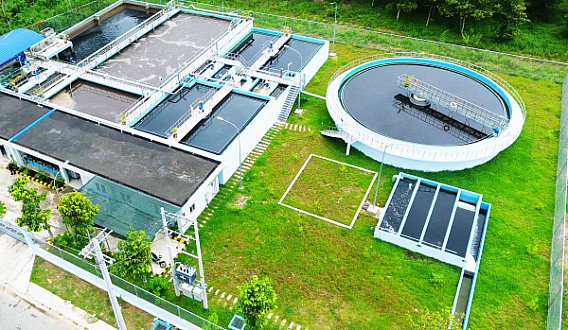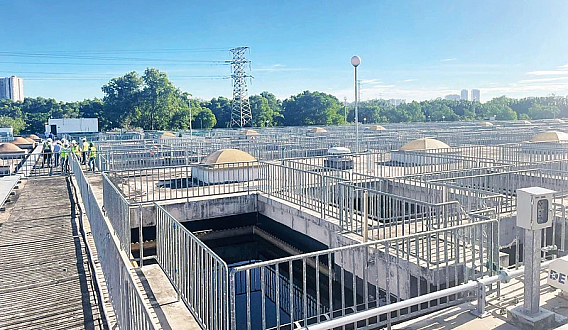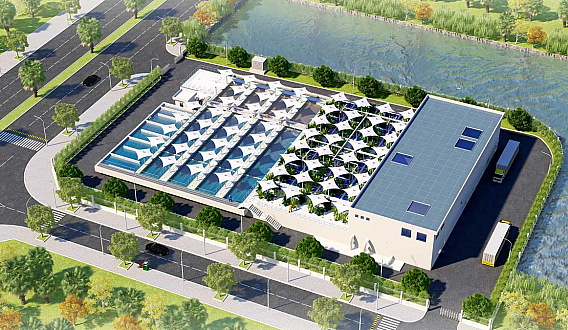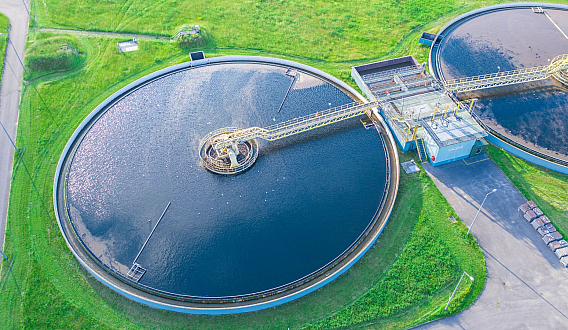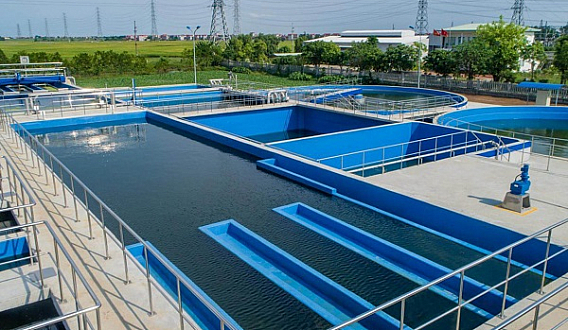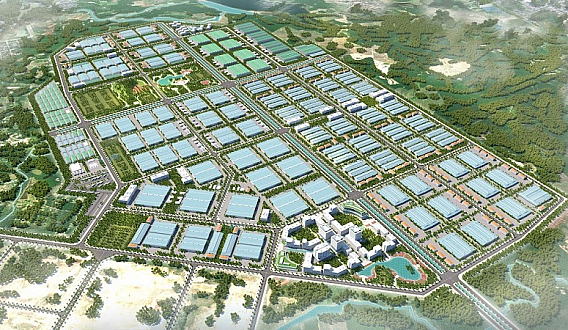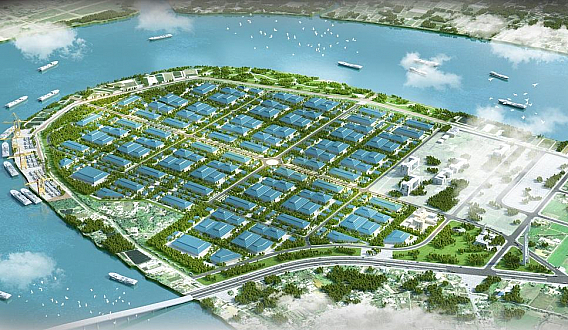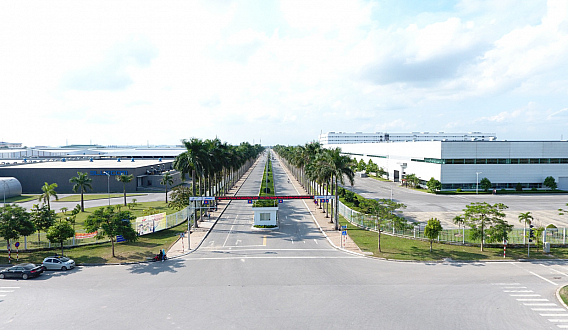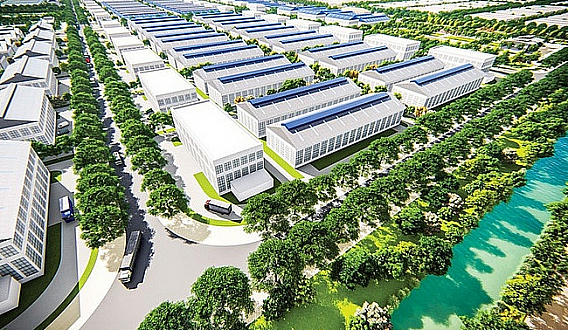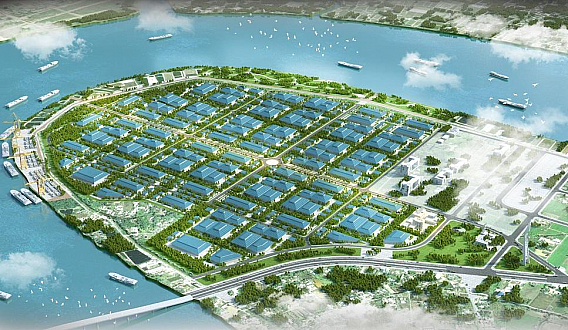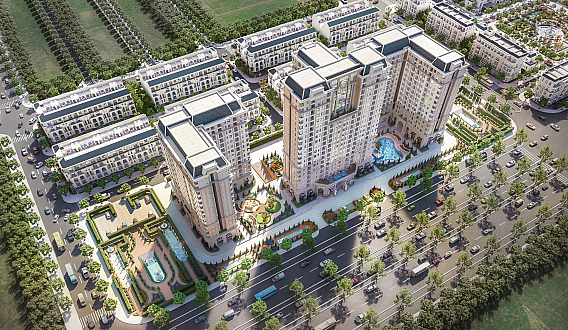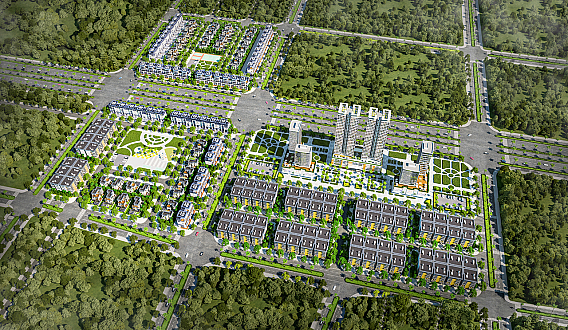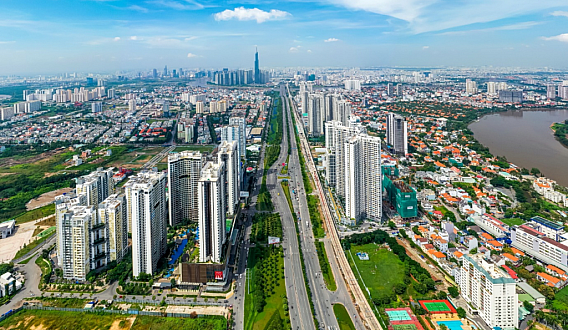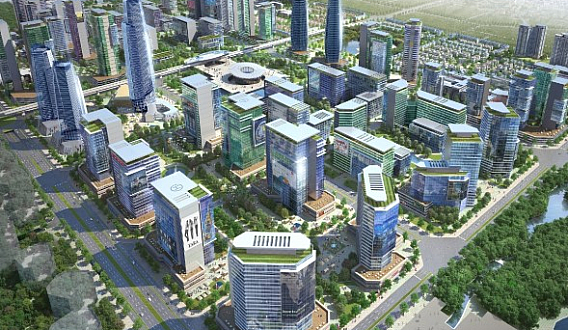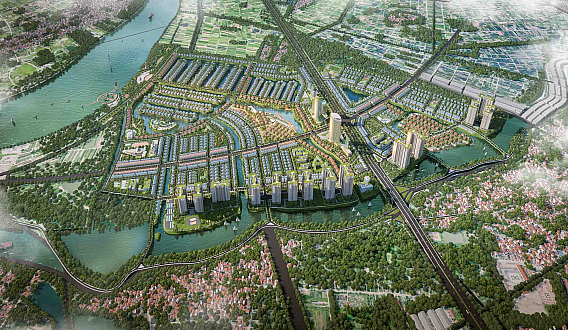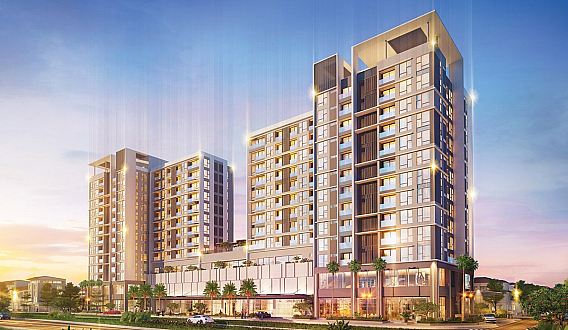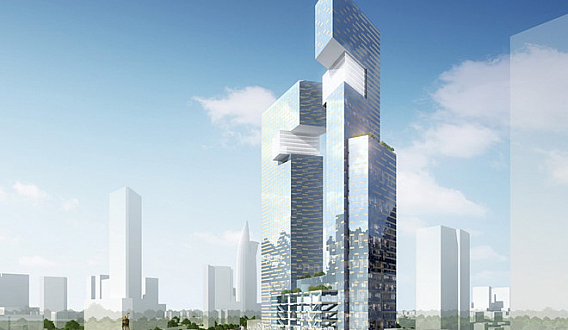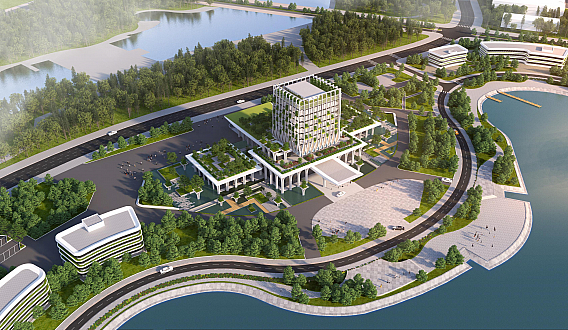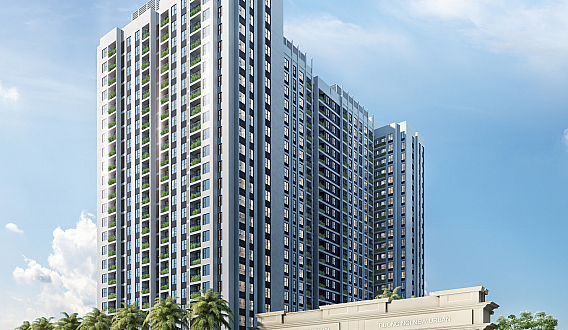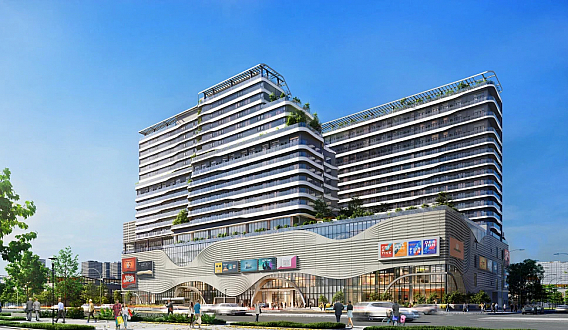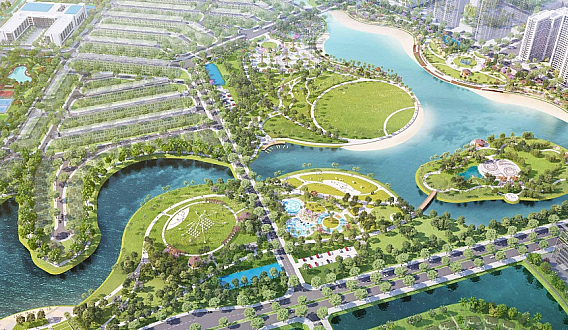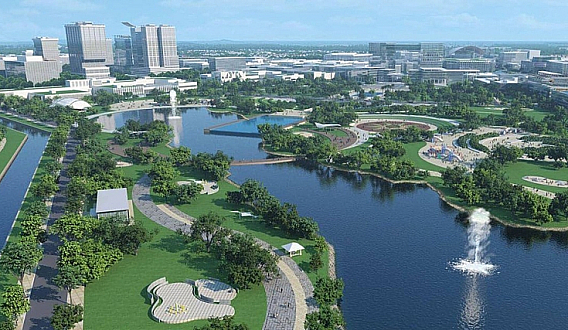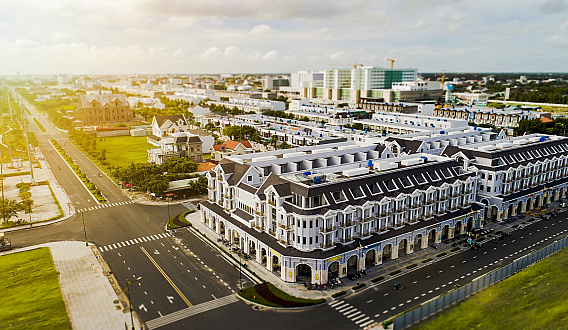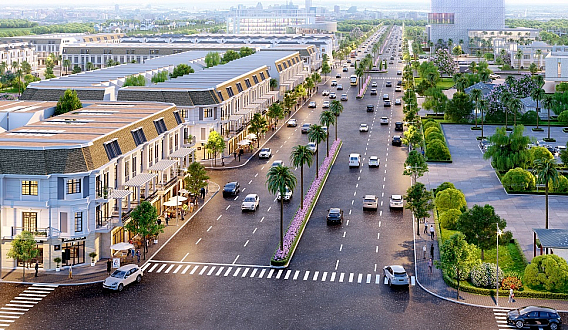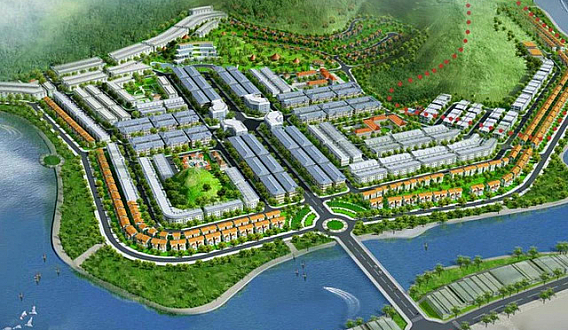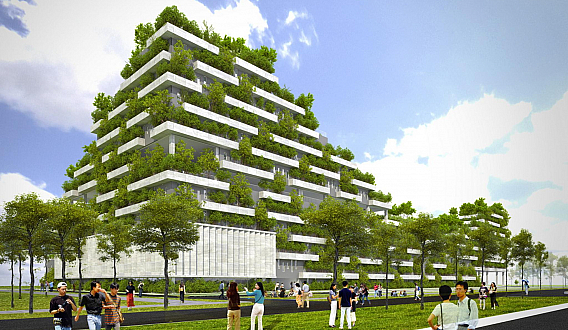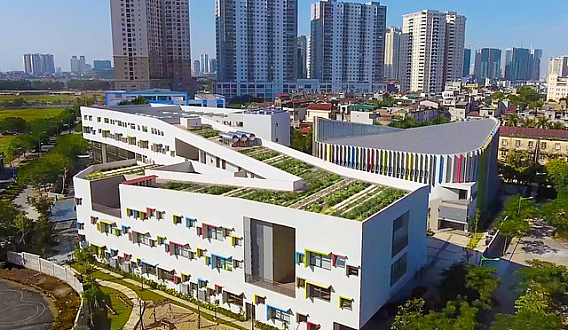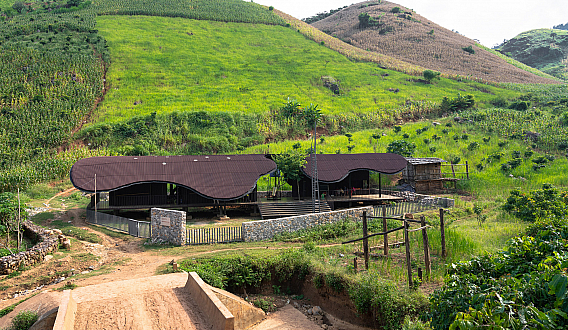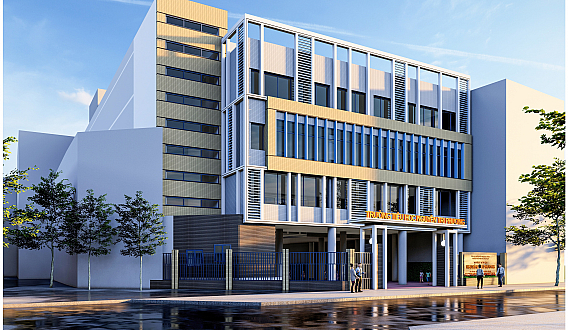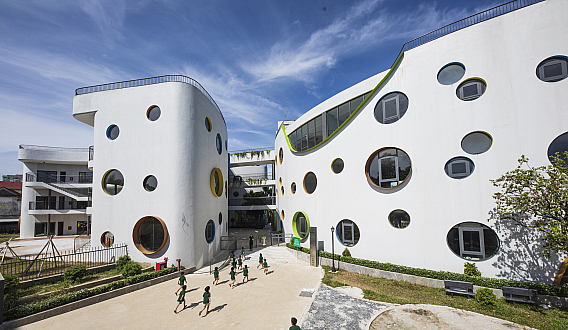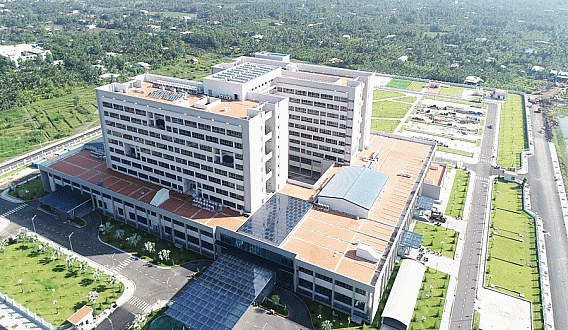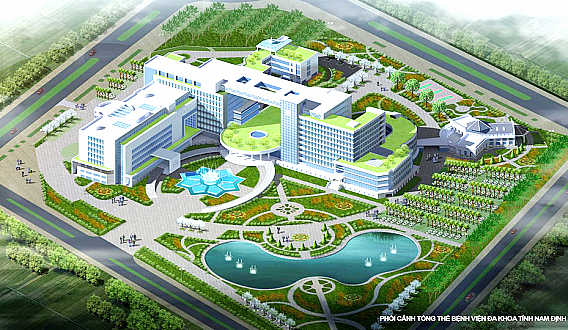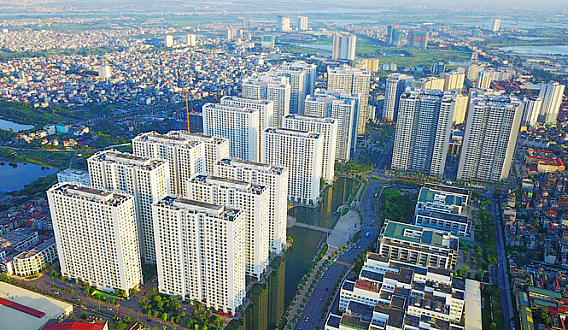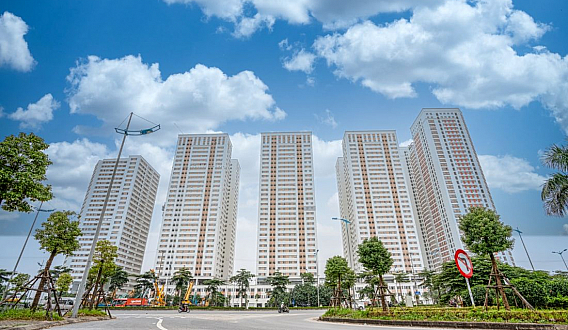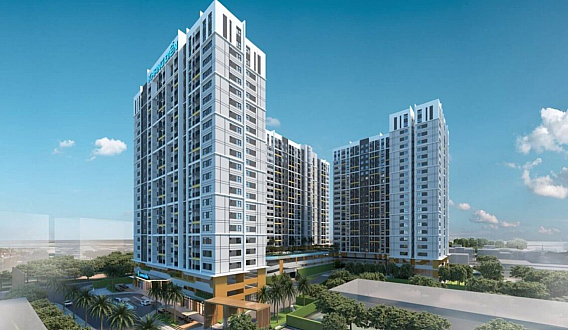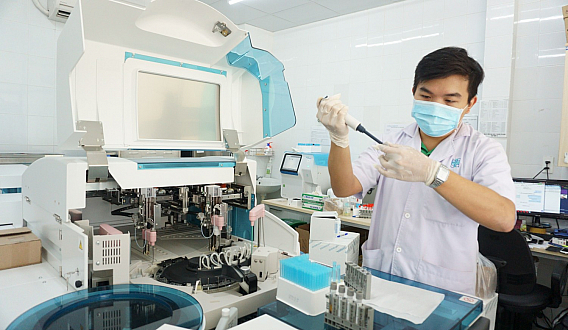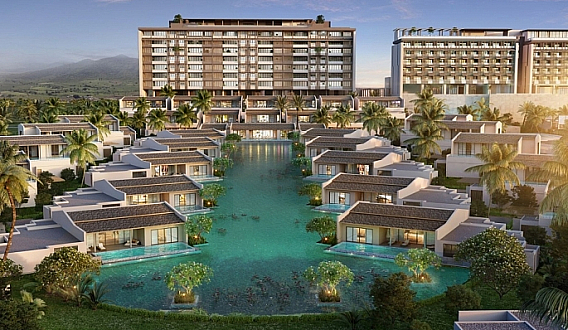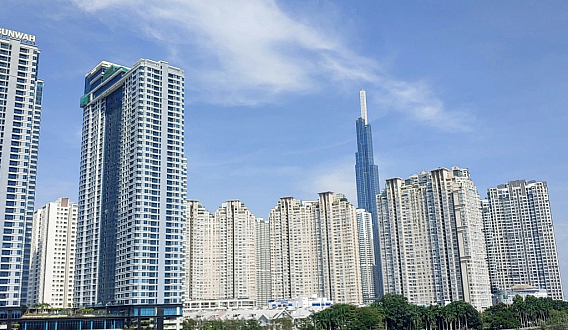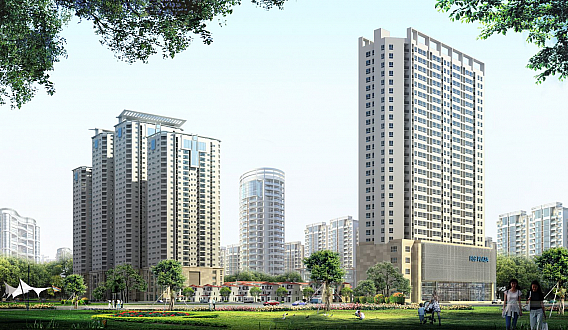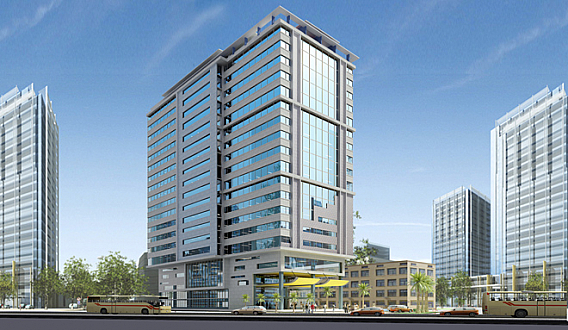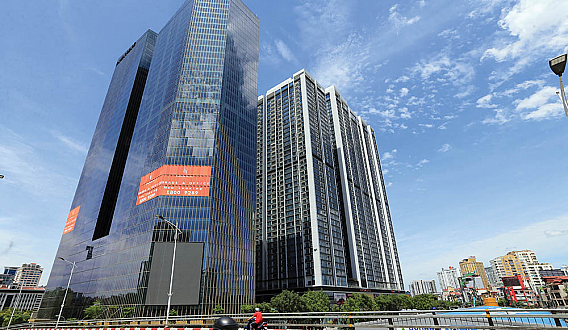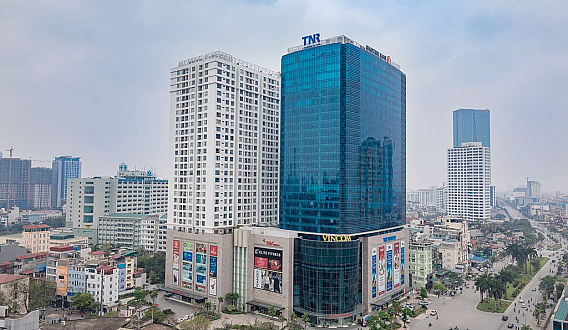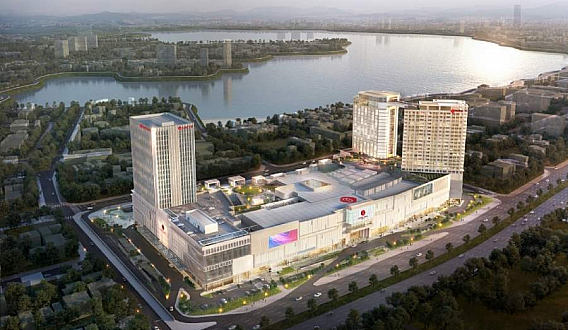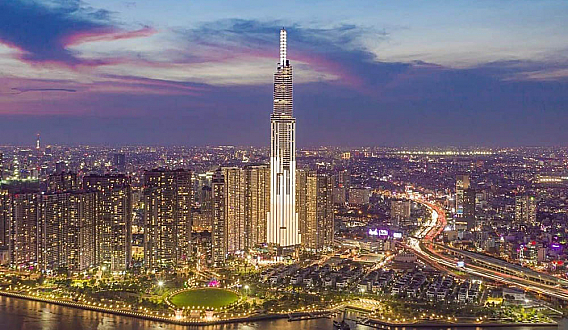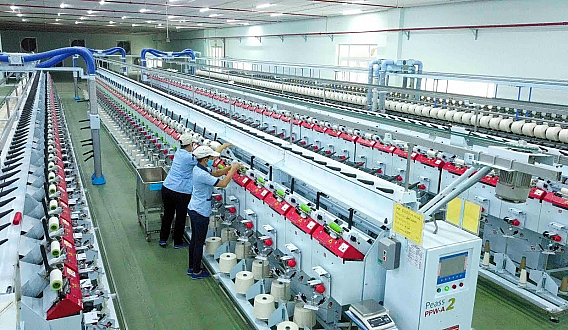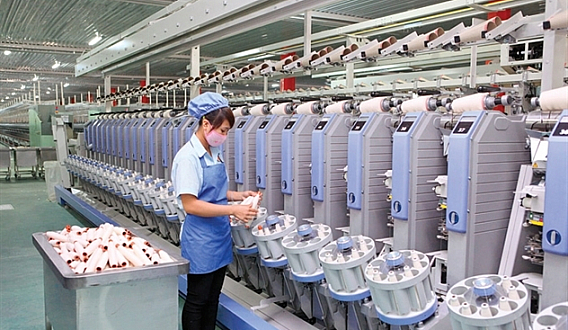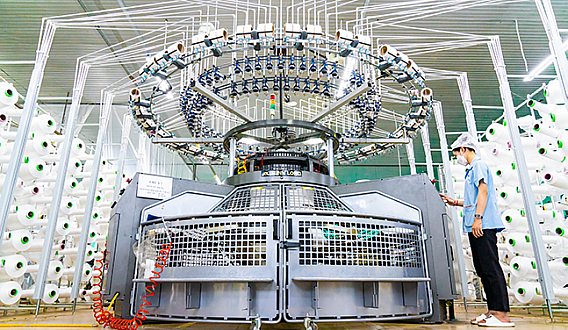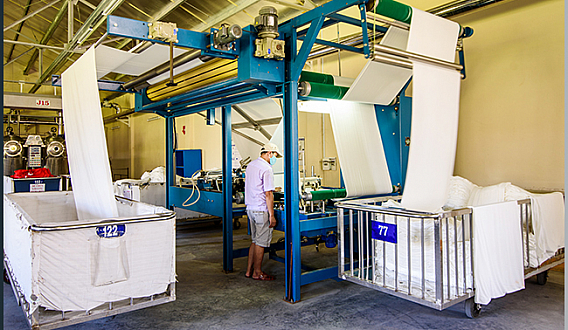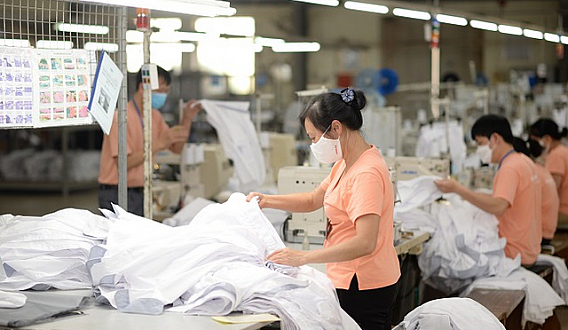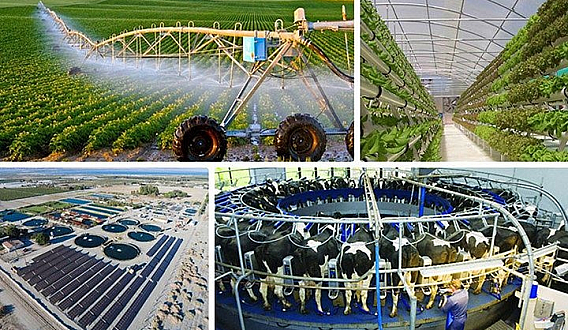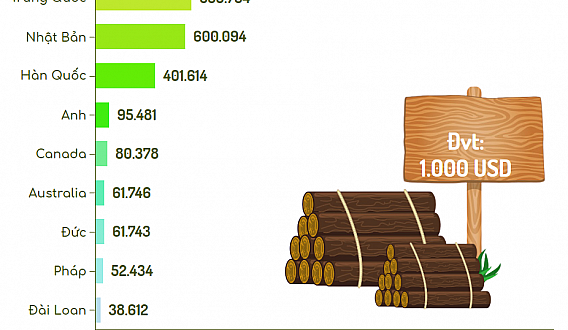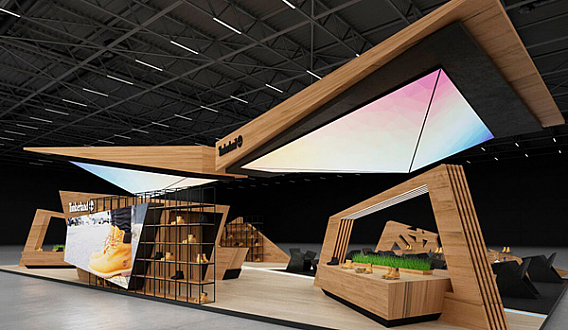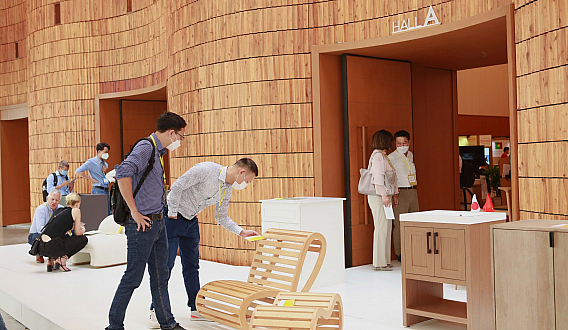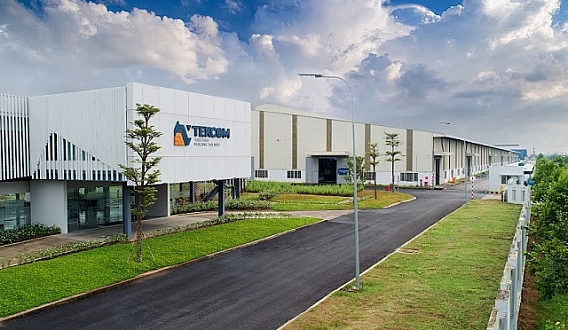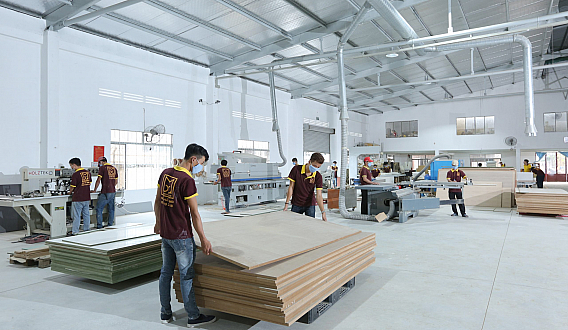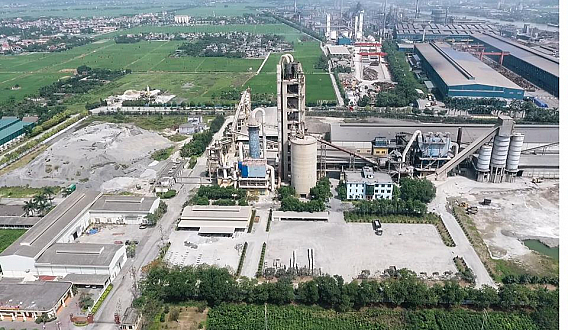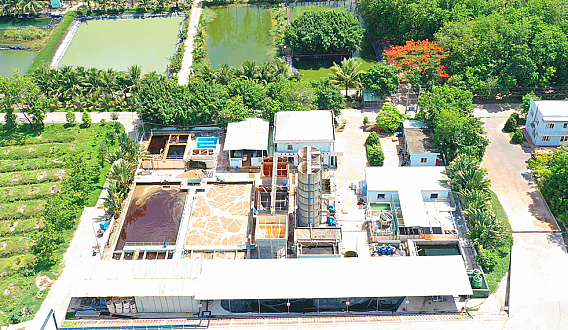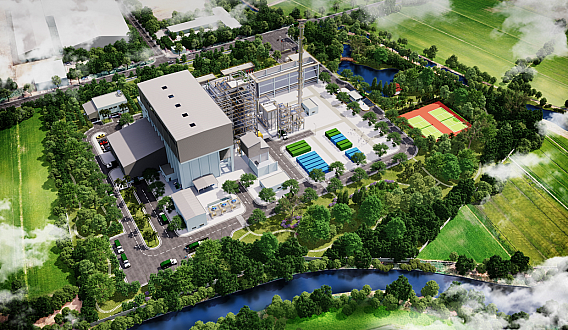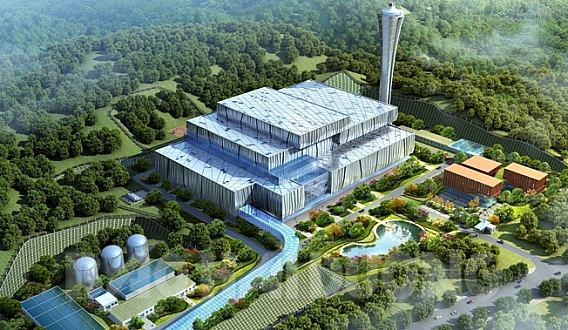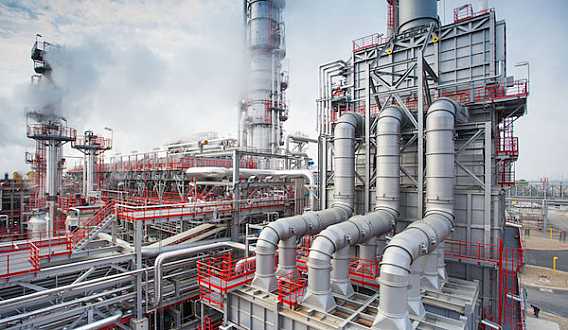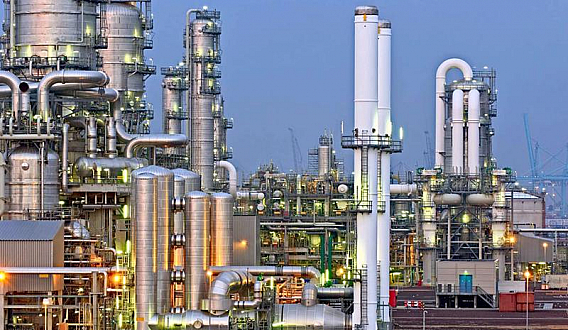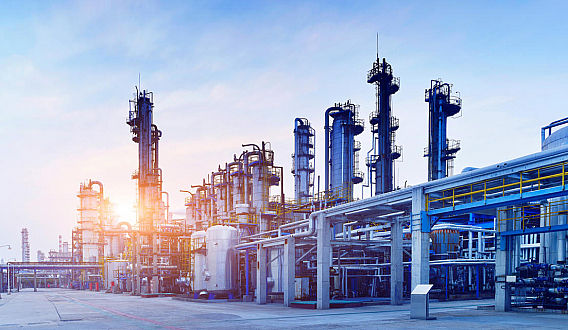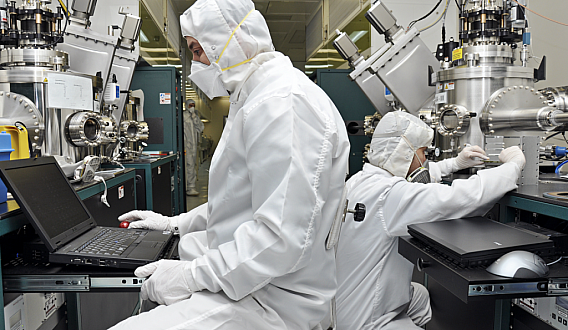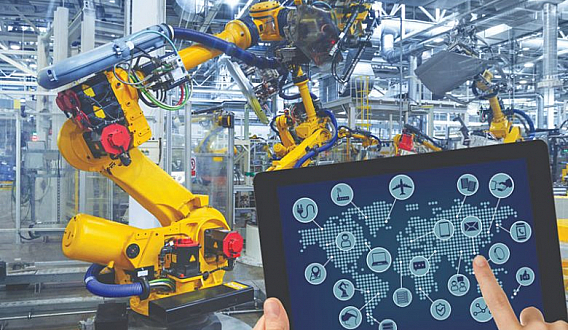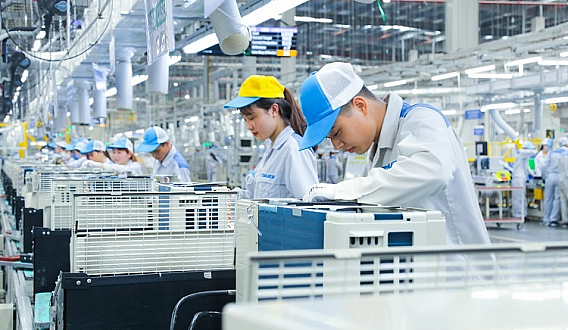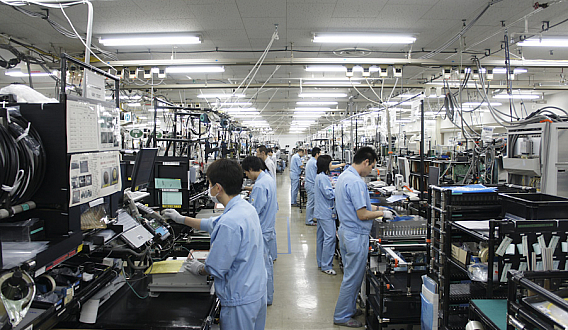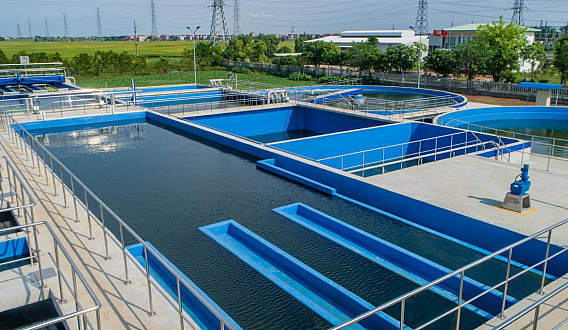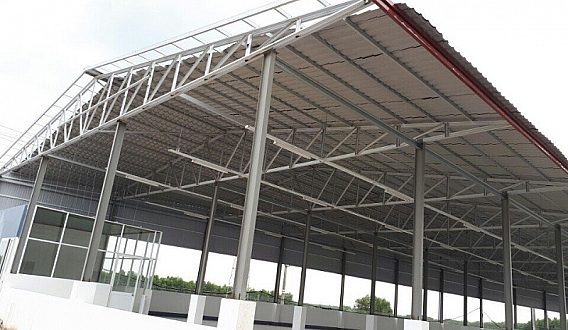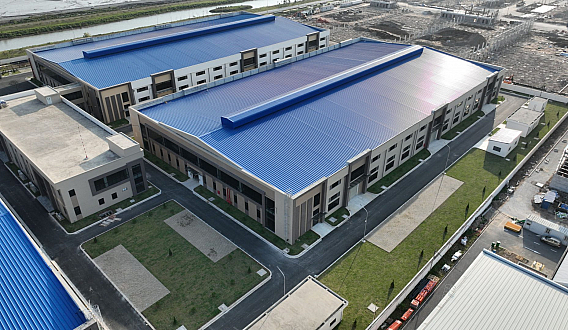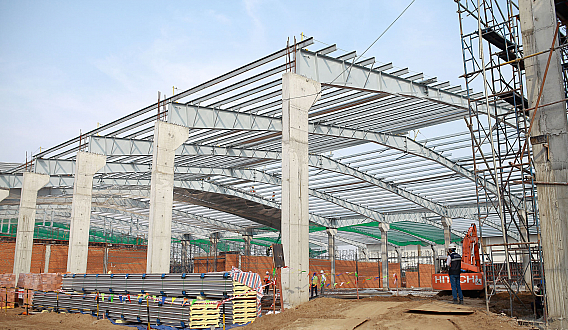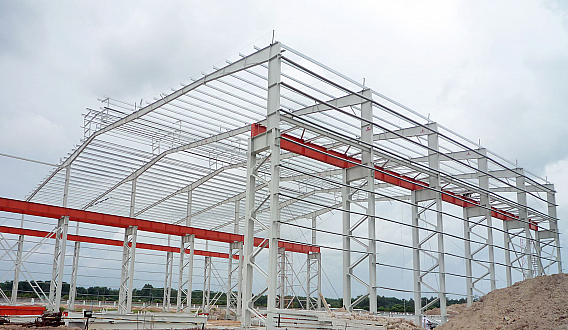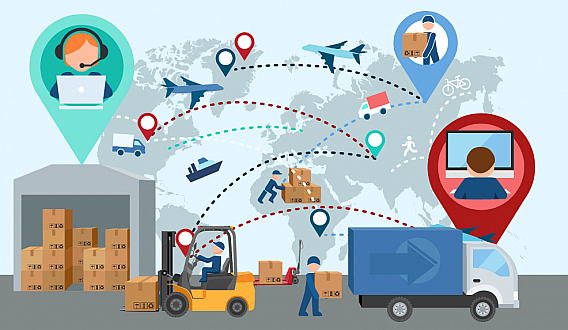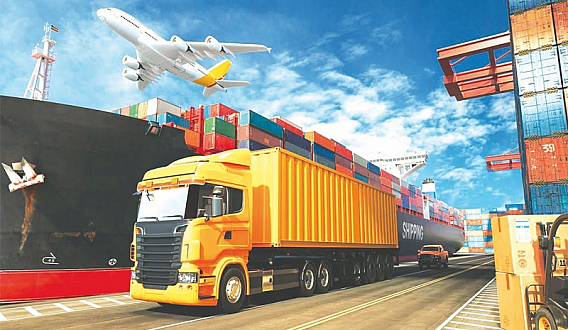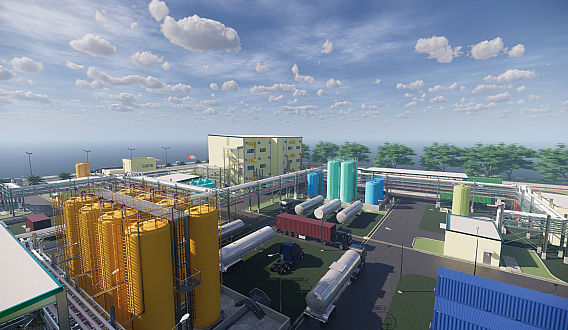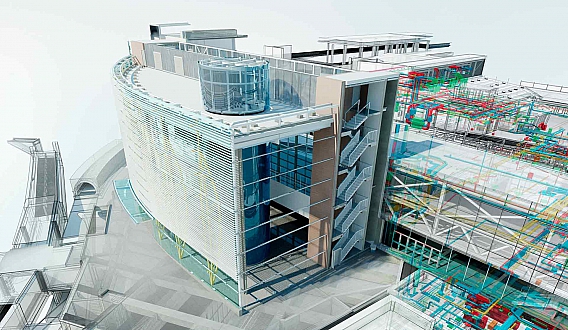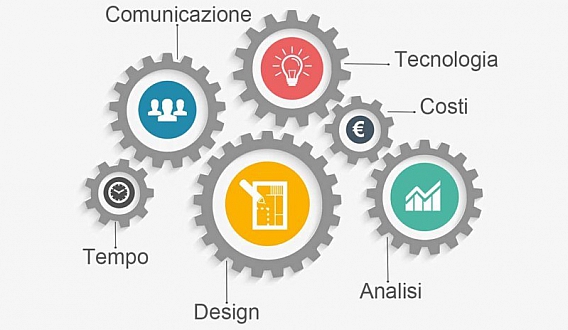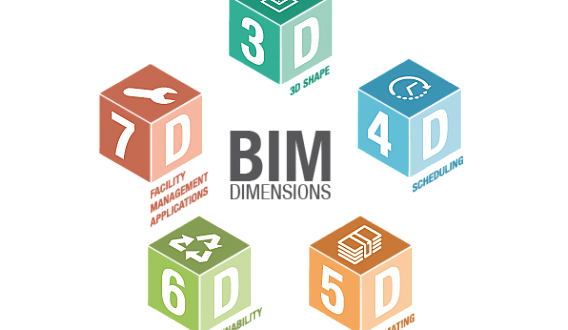10 tips for building a profitable factory for rent
10 tips for building a profitable factory for rent
Beside the rental forms such as renting a room, renting land, renting machinery, the rental form of workshops is also highly interested nowadays. Building a workshop for rent costs little but brings about high and long-lasting efficiency. That's why this form is currently favored by many investors. However, to ensure that the workshop for rent achieves high efficiency, investors need to know the experiences and notes left by predecessors. And those practical "golden" experiences will be synthesized in the following article. Let's follow along!
Building a workshop for rent is one of the forms of real estate investment. Therefore, if you do not know how to implement or do not apply the right experiences and notes, it will be very easy to fail. For each form of real estate business, there will be unique experiences. The following are important experiences for the form of building a workshop for rent.
Experience 1: Determine the rental target
Not all workshops are suitable for all types of production, so the initial investor needs to determine the target in order to choose the design, construction of the workshop that is suitable. For warehouses that are only rented to store goods, there is no need for a large area and the safety and security must be ensured. For production workshops, attention should be paid to utilities such as electricity, water, and office space. Therefore, when determining the rental target, the investor will know exactly how to build the workshop and what to prepare to ensure that after completion, the enterprise will quickly come to rent and use. In addition, by determining the rental target, the investor will also know which legal documents to prepare to better support the lessee and also determine more specifically the value of the workshop for rent.
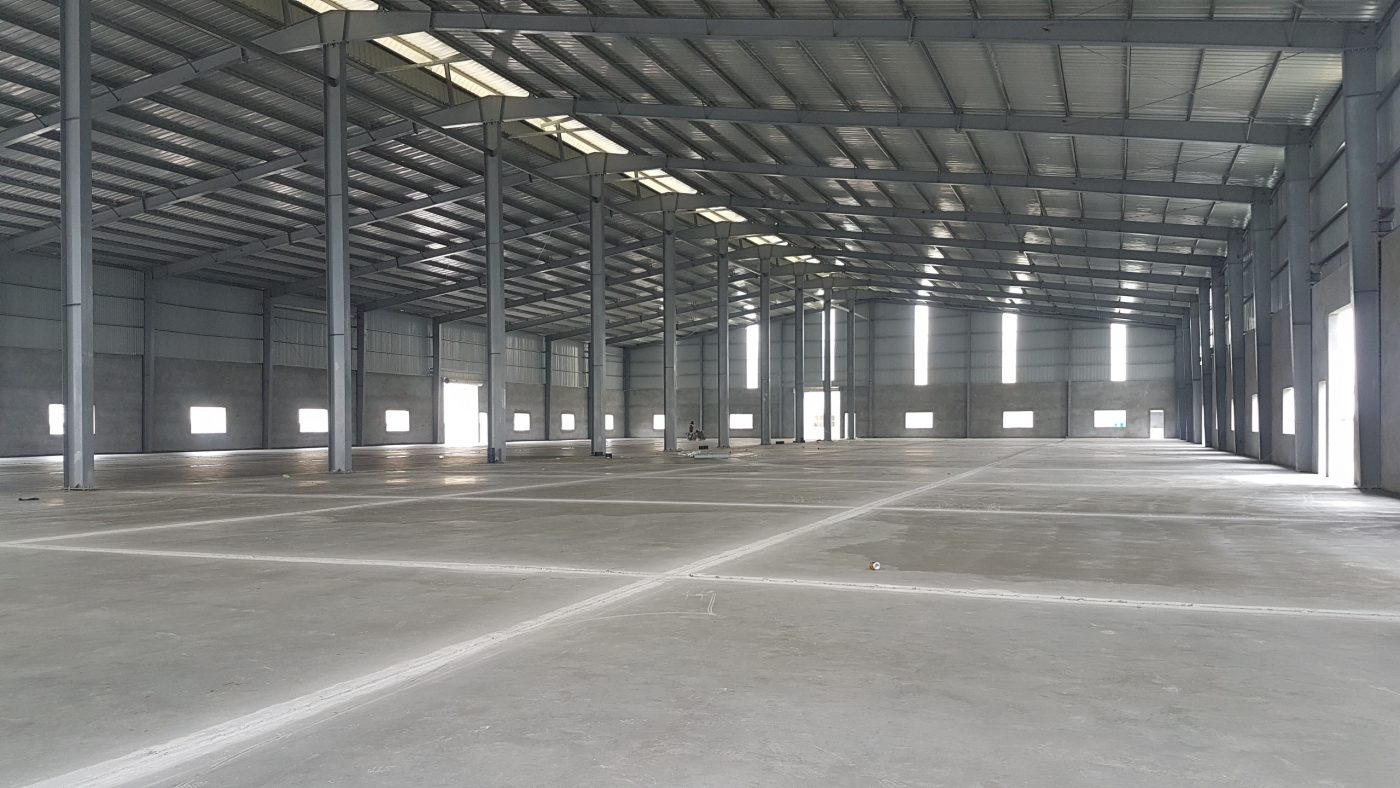
Experience 2: Choose a rental location
This is considered an important issue when building a workshop for rent. Workshops for rent do not necessarily have to be in industrial parks, near industrial parks, or near businesses, but what is important is the convenience of transportation, cargo handling, etc. Therefore, workshops near large, wide, and beautiful roads are often easier to rent. In addition, for production workshops, it is advisable to choose a location far from residential areas to avoid affecting the surrounding people. At the same time, the investor should also determine which location to build that is suitable for which target in order to choose the appropriate design template. Advice: Workshops located in an industrial park are usually easier to attract tenants and easier to manage.
Experience 3: Choosing the right investment method
If investors do not have enough expertise or financial resources to create their own industrial park, they should consider buying land in an existing industrial park, building factories and leasing them. This method allows investors to take advantage of the facilities available in the industrial park, such as electricity, roads, water, waste treatment, landscaping... The rent for factory land in industrial parks today is generally quite reasonable, starting at $50/m2/50 years depending on location, area, and scale... Moreover, most industrial parks today are located in convenient transportation locations (waterways, roads, and airways), adjacent to many external utilities to ensure the transportation of goods, transportation, and daily living needs for people living in the industrial park. Choosing to invest in industrial parks, investors will not have to worry about those issues anymore. In addition, buying land in industrial parks and building factories, investors do not have to worry about obtaining building permits, investment licenses... because the legal procedures have been solved and supported by the investor. This method helps investors maximize their time and cost savings, saving that money to focus on building factories that ensure quality, safety, and design that meet the needs of businesses.
Experience 4: Designing factories for lease
Another important point that businesses are concerned about when renting is how to design the factory for lease. To help the rental of factories quickly, the investor needs to ensure that the factory area has a high position, is airy, and the factory area is large enough for the transportation of vehicles to move easily. In addition, other issues such as drainage arrangements, wastewater treatment systems also need to be ensured. Investors also need to pay attention to ensuring the safety of the leased warehouse by ensuring the construction materials of the factory such as iron frames, roofs, crossbars... In fact, factory design is not as complicated as other types of real estate. With factories, tenants usually only need a large, high, airy space that is not flooded, with sturdy construction, and guaranteed safety... coupled with a reasonable location and rental price. Other factors such as aesthetics are not important for factories. Investors should know this to design factories that are suitable for the needs of tenants.

Experience 5: Notes during construction
Construction of a factory is a very important issue that requires investors to have knowledge, expertise, and experience to carry out. The purpose is to: construct quickly and save costs - ensure safety for the renting business - meet the needs of current businesses.
To do so, investors who build factories for rent need to:
- To be suitable: need to research the current demand of businesses for factories.
- To be quick and cost-effective: need to know how to buy suitable raw materials, hire reputable construction units with knowledge of construction to participate in the construction process.
- To ensure safety: need to pay attention to the foundation of the factory, especially if the warehouse is built on soft ground, the foundation must be reinforced; after completing the concrete floor, the epoxy layer on the surface of the concrete must be painted or polished with cement dust to save costs; the steel columns or beams of the warehouse should be designed properly, without any shortage to avoid affecting the safety of the warehouse...
Experience 6: Warehouse Area
As mentioned above, each business renting a warehouse will have different requirements for the warehouse area, so the investor needs to ensure the warehouse area. In addition, there are currently many forms of rent such as renting by volume, renting by square meter, etc. The investor should also determine the form of rent from the beginning to build a suitable area. At the same time, arranging the areas within the warehouse is also very important, each area should have a certain area but must ensure the overall usable area of the warehouse and meet the needs of the tenant.
Experience 7: Determine Specific Rental Prices
The rental price of a warehouse depends on many factors such as location, area, amenities, infrastructure, etc. Therefore, depending on the status of the warehouse, the investor will determine the appropriate price. The investor should also research the market rent prices of warehouses and the rental prices of neighboring warehouses to set a reasonable price. From there, avoid overpricing which will make it difficult to rent and pricing too low which will cause the tenant to suffer losses. You can reduce the price or offer incentives for the first few months, but you should have a standard price to apply for the entire rental period.
Experience 8: Rental Time
Renting a warehouse is also a form of real estate investment, so finding long-term tenants will be more beneficial than short-term tenants. Typically, renting a warehouse as a warehouse will have a shorter rental period than renting a warehouse for production because transporting machinery usually incurs a lot of costs and is prone to damage. In addition, renting a warehouse for a long time will also affect the rental price, so to attract tenants, the investor should have clear conditions about the rental period. Therefore, prioritize customers who need to rent a warehouse for a long time. And of course, that time will be clearly stated in the contract to avoid customers changing their minds affecting their business.
Experience 9: Provide Additional Services
Similar to other business forms, renting a warehouse should also have additional services. These services not only make renting easier but also increase the rental costs that tenants cannot complain about. Services that are usually provided such as electricity, water, transportation, loading and unloading goods, warehouse management, fire prevention, firefighting, etc. The investor should also clearly state with the tenant about the services provided, the costs, and the scope of use to avoid disputes later.
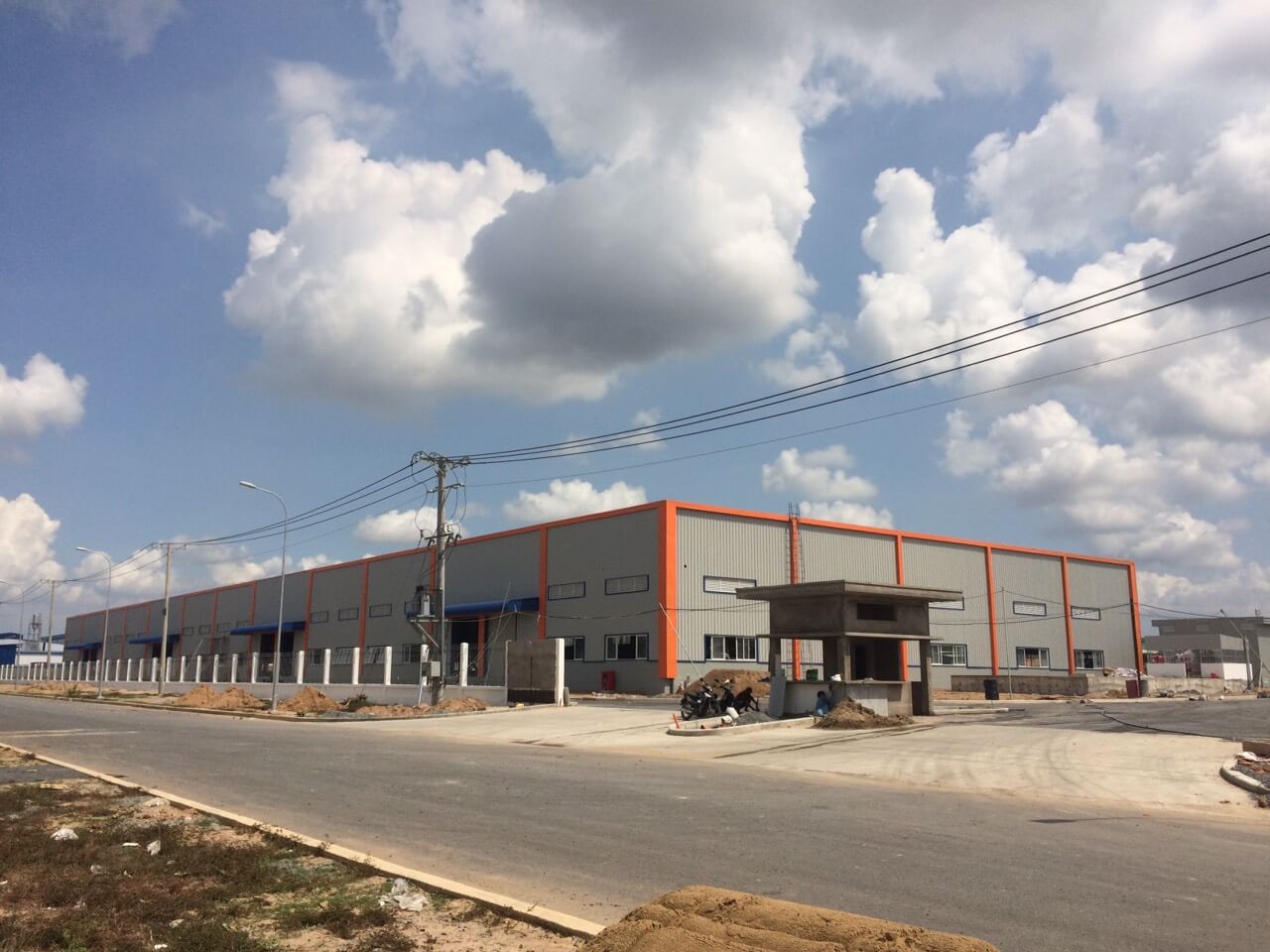
Experience 10: Ensure a detailed and clear lease agreement
A lease agreement is an essential item in renting a workshop. The landlord should prepare a detailed contract, specifying the items to create clarity and coherence, avoiding problems when the contract is put into effect. The items to note in the contract include:
- Deposit
According to regulations, the deposit for a long-term lease is three months, but the amount can vary depending on the agreement between the tenant and the landlord. However, regardless of the agreement, a certain amount of deposit must be ensured to gain the trust of both parties. This item must be clearly and specifically stated in the contract and not agreed upon casually by word of mouth.
- Rent and payment methods
This is an indispensable item in the contract, but many people may not pay attention to it. The landlord needs to specify how much the rent is, how it is calculated, the specific payment method, details, payment date, penalty terms for late payment, etc., to create a professional and clear impression.
- Goods commitment item
To avoid legal issues, the landlord needs to require the tenant to specify the goods and ensure a commitment not to produce or store prohibited goods in the warehouse. The landlord can research tenant information on the internet to ensure safety when signing a lease contract.
In addition, if renting land in an industrial park, the investor should be aware of the industries allowed and not allowed to operate in that industrial park. Avoid situations where the investor also does not know, leading to a contract with the tenant regarding a field that is not allowed to be produced in the industrial park, affecting the interests of all parties.
- Time and rental increase rate
When renting for a long-term, the cost will increase over time. The landlord also needs to specify when the workshop rent will increase, and the percentage of each increase. At the same time, additional costs for accompanying services should also be added. Usually, the rental price of the workshop will be calculated separately; other costs such as electricity, water, communication, waste treatment, maintenance fees, etc. will be calculated separately and collected monthly.
In conclusion, the above are the experiences in building a rented workshop that industry insiders have summed up. Those who are renting or planning to engage in this business should learn and apply the experiences above to ensure easy and safe renting. To learn more useful information, landlords or tenants can also refer to other articles on this website or some of our suggestions below. Become a smart landlord by thoroughly applying these experiences!

